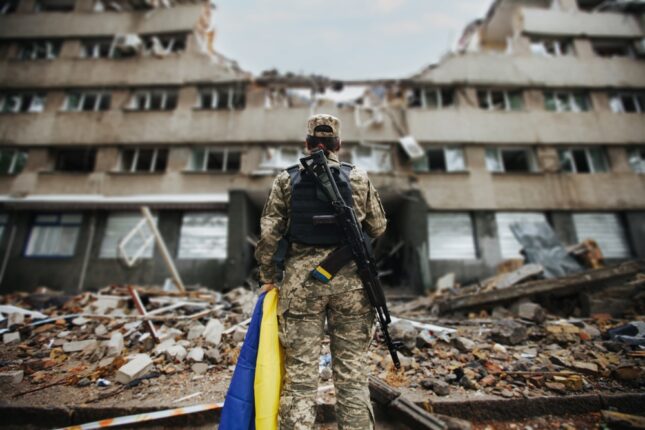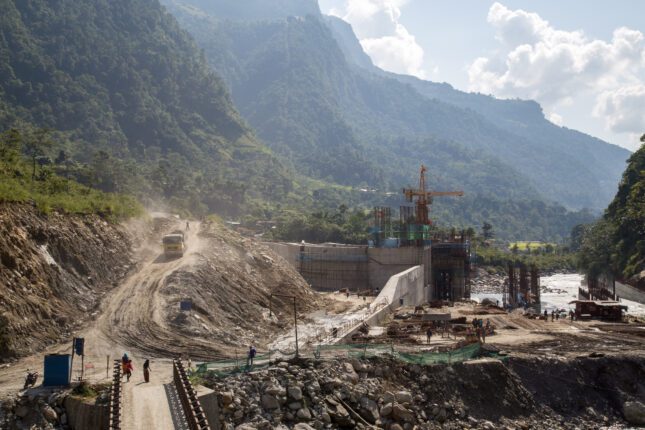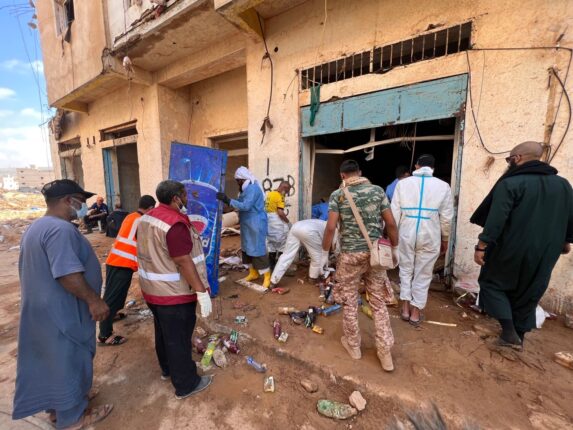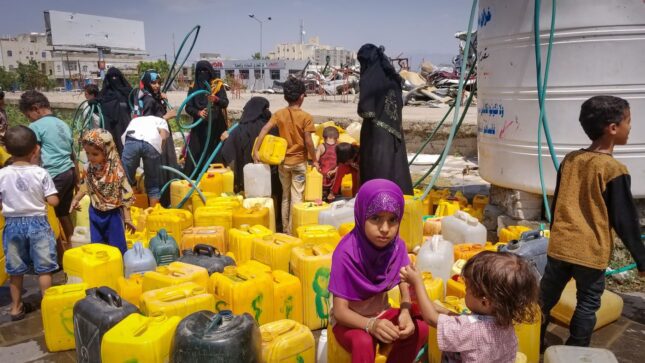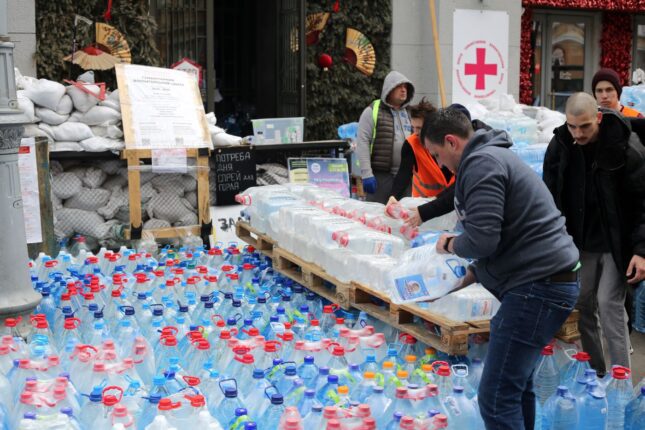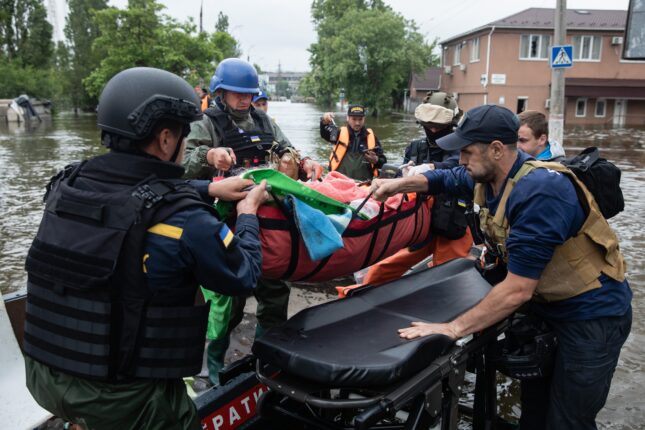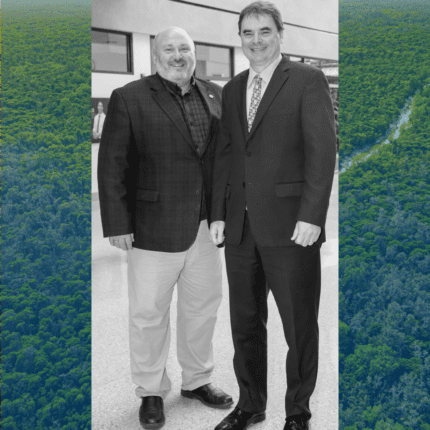-
Americans Want to Challenge China’s Presence in Africa. They Could Start by Showing Up
›
Zambia’s Copperbelt province is a microcosm of foreign investment on the continent.
Fly into Lusaka and marvel at the capital’s strikingly modern airport. Drive into town along a road as smooth as any American highway. Look left and notice a large white hospital complex. Glance right only a few minutes later to see the city’s impressive conference center with a “Golden Chopsticks” restaurant next door.
-
Women and Children in Ukraine: Q&A with Kira Rudik
›
This month marked the two-year anniversary of the Russian invasion of Ukraine. March, in the United States, is Women’s History Month and internationally, the world celebrates International Women’s Day, each year on March 8. In recognition of both the ongoing war and its effects on Ukrainian women and children, the Maternal Health Initiative reached out to Member of Parliament and Leader of the Holos Party, Kira Rudik as a follow up to conversations we had at the start of the war and at its one year anniversary.
-
Assessing Local Aspects of Climate Security and Environmental Peace
›
Climate change’s potential to aggravate insecurity, particularly through violent conflict, has created a fear that is both widespread and justified. Civil and defense ministries around the world now include climate impacts in their strategic planning, and climate security assessments have become a common policy tool.
-
Water Weaponization in Libya: A Conversation with Erika Weinthal
›
Libya provides a case study for the long-term impacts of water weaponization. After the 2011 overthrow of Libyan leader Muammar al-Gaddafi, the country faced civil conflict related to his succession, including two bloody civil wars in 2011, and then from 2014 to 2020, until a ceasefire took effect in 2020. During this period of long-term instability and isolation, Libya’s water infrastructure deteriorated. Combined with the country’s limited water resources, increased demand, and poor management, water insecurity soared.
-
Water Weaponization in Yemen: A Conversation with Niku Jafarnia
›
Yemen’s civil war, which began in 2014, has resulted in one of the world’s worst humanitarian crises. The United Nations estimates that 60% of the 377,000 deaths between 2015 and 2022 were attributed to food insecurity and limited access to health services, and two-thirds of the population (21.6 million people) are in desperate need of humanitarian aid. Though a nominal ceasefire has held since 2022, tensions persist, and civilians continue to face the brunt of the conflict.
-
Water Weaponization in Russia and Ukraine: A Conversation with Marcus King
›March 22, 2024 // By Wilson Center Staff
Russia’s devastating invasion of Ukraine just over two years ago upset the larger foreign policy conversations surrounding global stability—and Russia’s role in it. Yet the conflict has brought the concept of water weaponization into the spotlight as well, especially after Russia’s destruction of the Nova Kakhovka Dam and other civilian infrastructure wreaked havoc in the region.
-
The Global Challenge of Water’s Weaponization in War: Lessons from Yemen, Ukraine, and Libya
›
The world’s water is in trouble. Freshwater pollution, coupled with climate change, population growth, and increasing demand, threatens water quality and availability. Over the last 40 years, global water usage has increased every year by around 1% to support agriculture, industrial growth, and growing populations. The strain is clear already, as 26% of the world’s population lacks access to safe drinking water, and a whopping 46% lack access to basic sanitation.
-
Thought-leaders and Frontline Workers in Environmental Peacebuilding | An Oral History: Dr. Ken Conca and Dr. Geoff Dabelko
›Environmental Peacebuilding Oral History // New Security Broadcast // March 19, 2024 // By Wilson Center Staff
On today’s episode of New Security Broadcast, ECSP and the Environmental Peacebuilding Association launch a series of oral history interviews with academics, practitioners, and frontline workers to trace the history of the field of environmental peacebuilding. From the people who helped shape the field to those who are bringing new approaches and perspectives today, our guests give us a behind-the-scenes look at how the field first emerged and how it has evolved.
Showing posts from category conflict.


